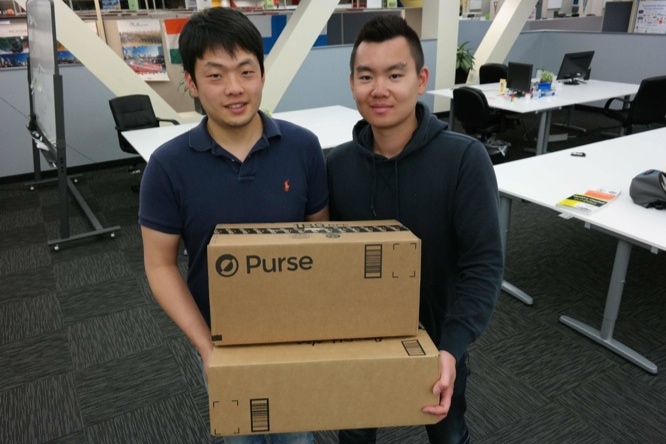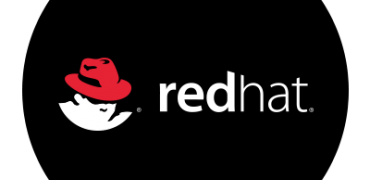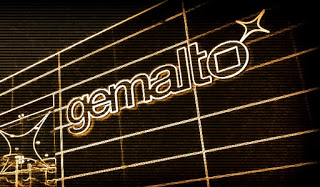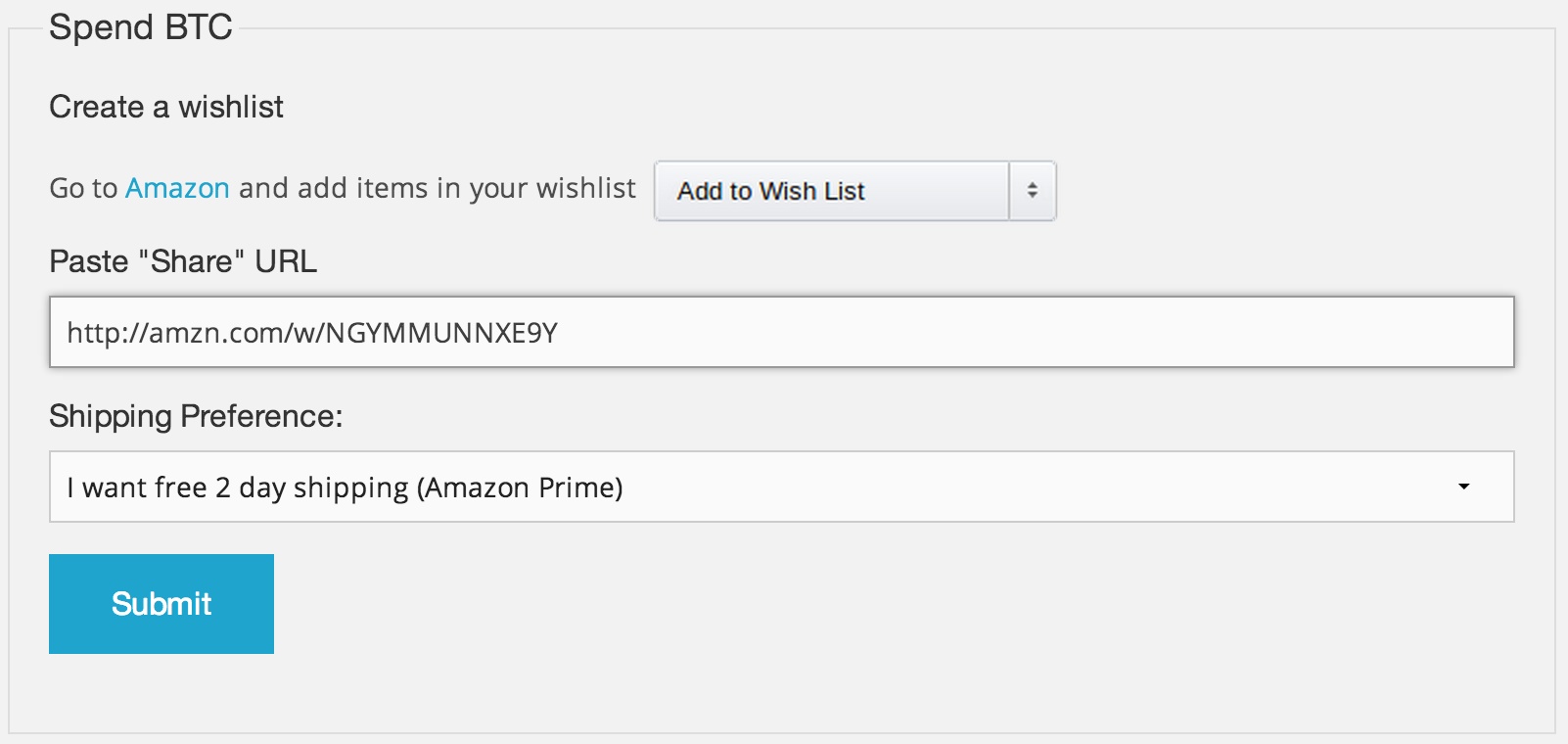A good startup, they say, should find a problem and solve it elegantly. Well, California-based company Purse.io solves two problems and ties the solutions together in one neat package.
(
CoinDesk) The company is marketing its service at people who would like to purchase items at Amazon using
bitcoin, which the retail giant doesn’t yet accept. But integral to its solution are those who want to obtain bitcoin using a credit card, perhaps in areas where exchanges are not available.
By matching these two markets, Purse.io is able to able to offer bitcoin purchases on Amazon, powered by a kind of bitcoin exchange that uses a
buyers’ discount to incentivise bitcoin owners to ‘sell’ their digital currency.
This process is similar to a peer-to-peer (P2P) marketplace, where Purse.io acts as an intermediary, offering users the platform, bitcoin wallet and escrow for transactions. Andrew Lee, co-founder of
Purse.io, told CoinDesk:
“I think people that try it and realize they just saved 25% on Amazon are excited about that possibility. For the first time, they’ve been able to do something useful with bitcoin [rather than just buy and hold].”
How it works
Firstly, when someone – Alice, say – wants to use bitcoin to purchase items for a discount from Amazon, she deposits bitcoin in her Purse.io account.
Then, using a ‘share’ URL, she imports her Amazon ‘wish list’ into Purse.io and indicates what level of discount she would like for the items.
When complete, the listing is posted on the Purse.io marketplace.
Next, someone looking to obtain bitcoin for a similar amount, we’ll call them Bob, accepts the transaction and purchases the items on Alice’s wish
list using a credit card. Soon after, the items are shipped to Alice. Once the items have been received, Alice notifies Purse.io, at which point her bitcoin is released from escrow and is sent to Bob (see the company’s explanatory video below).
“It’s kind of like an exchange, but with that Amazon layer,” explained Kent Liu, the second founder of the company.
It is worth noting that while there is a recommended 25% ‘maximum’ discount, in fact, the user sets the amount and transactions have been accepted with discounts as high as 45%. However, Liu explained that there is a ‘sweet spot’ for item price compared to percentage discount that is likely to make the transaction quickly accepted:
“Anything below 15% at $500 [total price], […] will get taken.”
All about incentive
Liu said that he came up with the idea for Purse.io about a year ago, when bitcoin’s
price had risen to a level not previously seen before, and as a result there were a number of new BTC-related services appearing. “People were excited to spend bitcoin,” he said. The problem, at least from Liu’s perspective, is that every service charged fees. Why not give people an incentive to unload bitcoin, allowing others improved access to the cryptocurrency?
“It is difficult to buy bitcoin. It is really, really hard,” said Liu. “Our market is people who cannot overcome that difficulty. [And] the difficulty is not going to decrease that easily anytime soon.” Instead of charging bitcoin buyers on Purse.io, the company levies a 1% fee on those selling the bitcoin and getting an Amazon discount.
Easing bitcoin’s on-ramp
Globally, it is still not easy to buy bitcoin. While, in the US, users that have a checking account can easily convert dollars into bitcoin using exchanges like
Coinbase, in many countries, there is no way to convert the local fiat currency into digital currency without jumping through a lot of hoops.
The top liquid markets for bitcoin are in USD, EUR, HKD and CNY. Source: Bitcoincharts
Doing so might mean exchanging one fiat currency into USD, then wiring it to a company such as
Bitstamp, which will exchange it into bitcoin. At every step of the way a fee is charged. However, someone with an international credit card can purchase items on Amazon from pretty much anywhere.
Spending credits
So, essentially, anyone living in a country that does not have a viable bitcoin exchange could be a potential customer for Purse.io. It’s a better value proposition to for many, and furthermore, the fact that affiliates of Amazon receive a certain amount of credits that must be spent on the website may boost take-up of the service. Someone in India, for example, may want to convert those credits into bitcoin rather than Amazon items, or even rupees.

Purse.io founders Andrew Lee (left) and Kent Liu (right).
Relying on Amazon
So what would Purse.io do if Amazon shut them down? The founders have thought about that, but believe that for the time being they are
providing a service that is in demand. “We think we’re helping [Amazon],” said Lee. “They don’t want to take bitcoin now. They’re not ready for it.”
In April, an Amazon executive said that the company decided against accepting bitcoin
due to weak customer demand.
Furthermore, there is added complexity for the company compared with other retailers that currently accept the digital currency.
According to Purse.io, Amazon’s marketplace strategy is problematic: having so many third-party sellers, a good portion of products on the retailer’s
website are not sourced from Amazon itself, creating complexity that the likes of TigerDirect and Overstock don’t have to deal with.
“I don’t think we’ve seen a real big retailer accept bitcoin that has a marketplace,” Lee explained.
Trustless escrow
Although Purse.io provides a wallet for users to store the bitcoin they have acquired, Liu said the company would prefer to not store substantial customer funds:
“Right now, we are holding people’s money. But we don’t want to do that.”
However, by holding funds until the Amazon items are delivered, Purse.io has positioned itself in the digital currency escrow business, which could be a promising strategy. A recent FinCEN ruling indicated digital currency escrow
is not a money transmission business, which is likely to mean less regulatory scrutiny for the company as more authorities issue guidance. In the future, the company plans to offer multi-signature transactions that have three keys: one for the buyer, one for the seller and one for Purse.io, creating a trustless form of escrow.
“None of us hold enough keys [in this model],” said Liu. “Nobody has control over [the funds], unless two people agree.”
Building a footprint
For several months, Purse.io has been working on its product at the
Plug and Play Technology Center in Sunnyvale, California, since being accepted as one of several bitcoin startups in its accelerator scheme.
At a recent bitcoin meetup at the centre, which provides assistance to new tech startups, the company talked to Patrick Murck, General Counsel of the Bitcoin Foundation.
“He told us we’re pretty good from a regulatory standpoint,” Liu said.
Lee and Liu have now brought in some extra hands as far as development goes and they hope to raise more funding, in addition to the seeding that Plug and Play provided.
The plan is to focus on product and building out the multi-signature escrow, with the possibility of adding further retailers and building Purse.io’s own marketplace with the userbase it is developing. Amazon will likely, at some point, accept bitcoin. Until then, though, Purse.io is going to take advantage of its growing following, said Lee:
“We’re generating that userbase as long as this Amazon window is open. At the same time, we’re continuing to develop new services we can offer to these users.”
Open your free digital wallet here to store your cryptocurrencies in a safe place.



